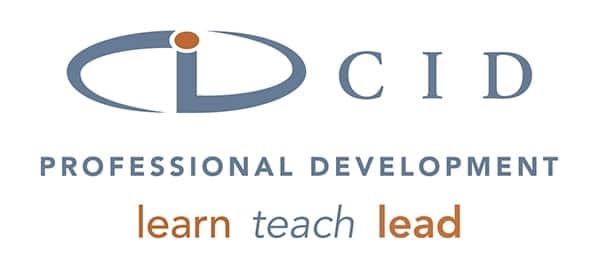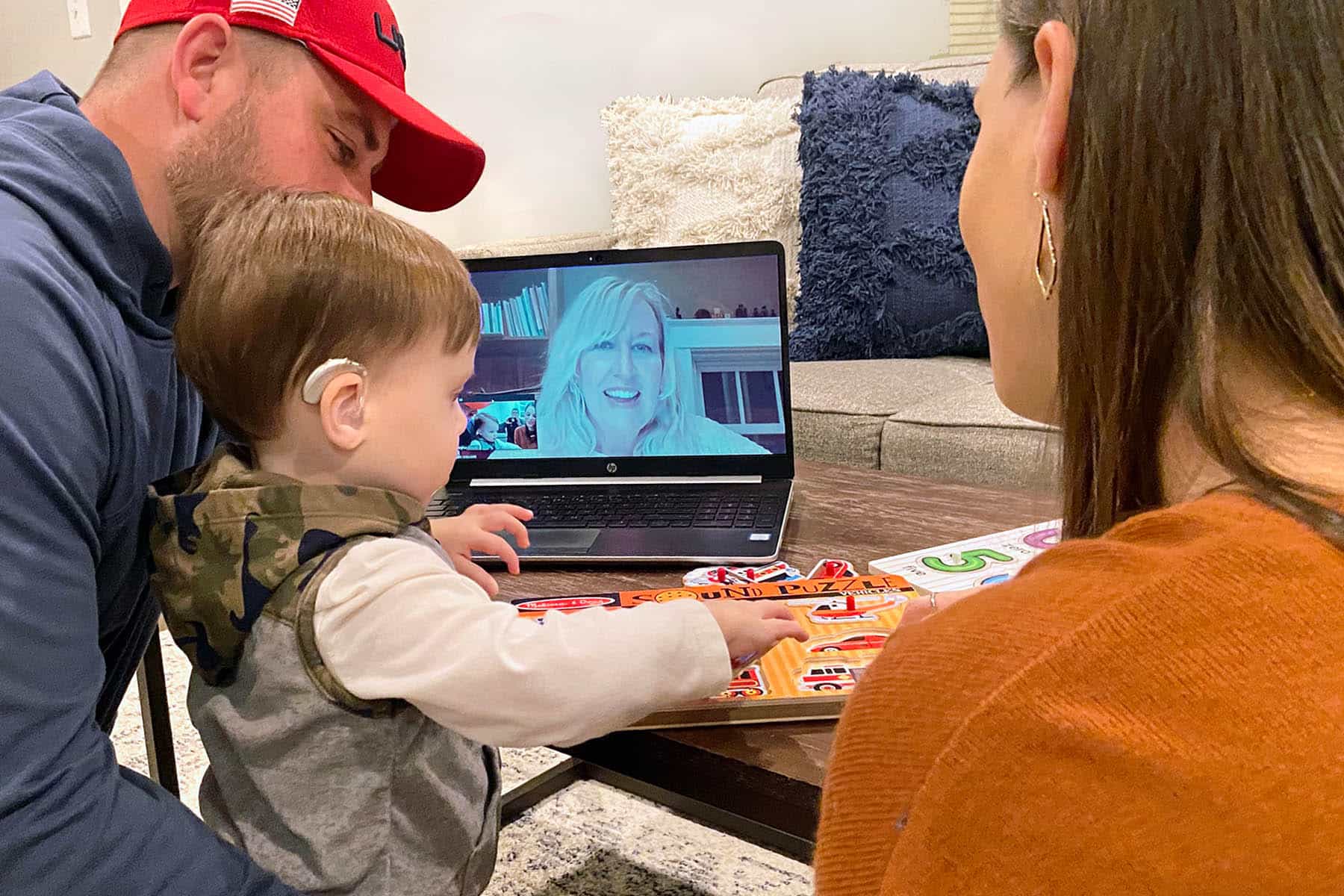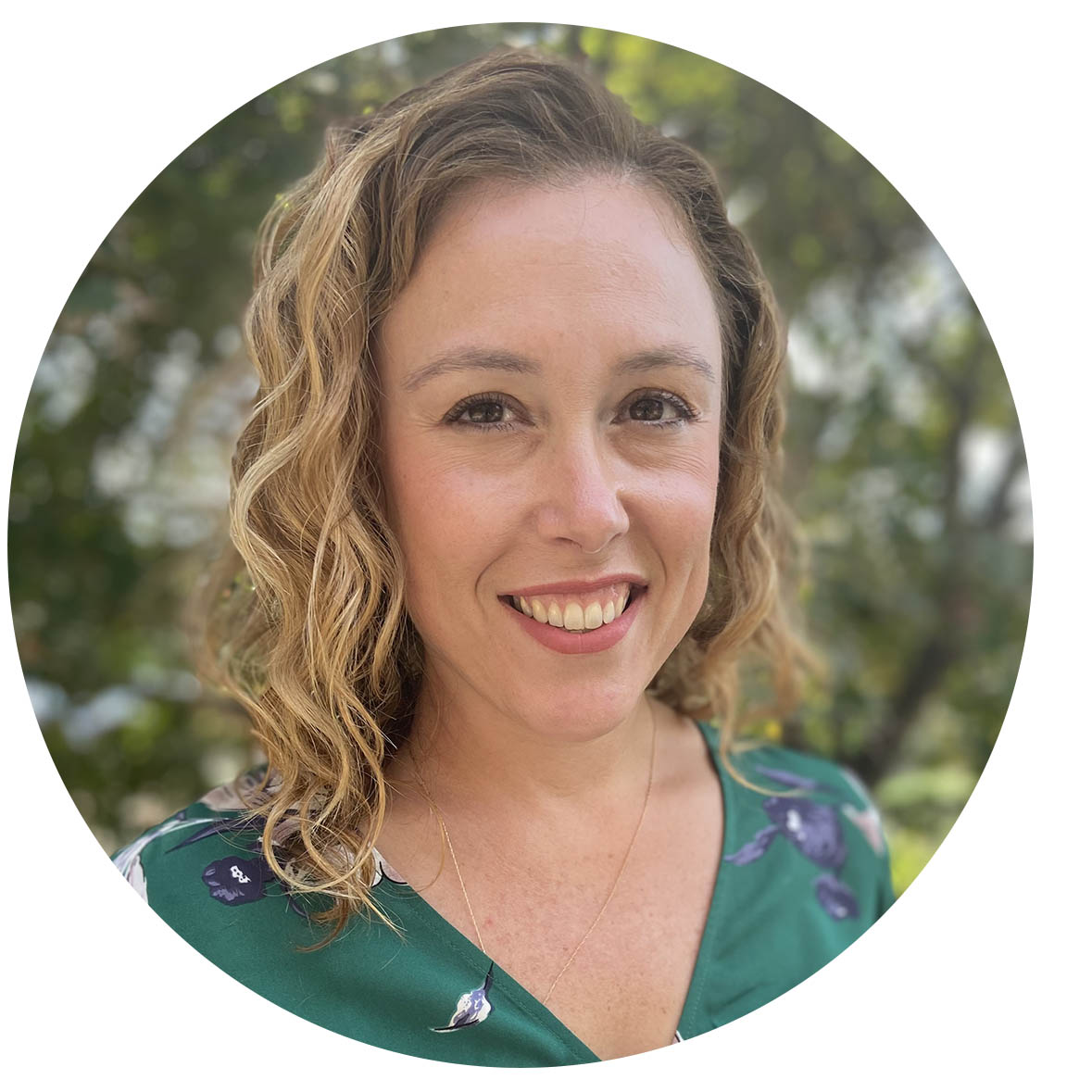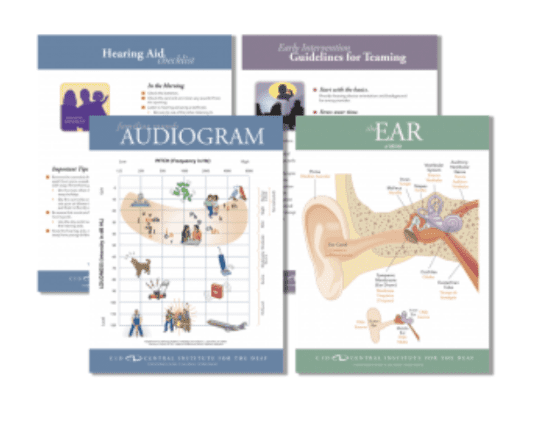Consultative services are often put in place for students with hearing loss in order to support the professionals on the student’s team in meeting the student’s IEP goals and objectives. At CID, even before COVID-19 entered our lives and threw us into a virtual world, we had embraced the use of a remote option for consulting with professionals working with students with hearing loss. We began taking a remote approach to consultations due to the many challenges posed by in-person consultations, including scheduling, distance/travel, teacher mindset and the ability to observe the student in action. Our remote consultations were designed to maintain the benefits that consultation services provide and to remove the barriers… and here’s how:
|
In-person barrier |
Remote benefit |
| Scheduling: An increase in caseload size for itinerant teachers, as well as the rigid schedules of educators, can make scheduling in-person consultations a challenge. | Teachers can meet anywhere at any time. Remote consultations allow for increased flexibility with picking a time and a place and eliminate the need to hold consultations during traditional school hours. |
| Travel: Going from school to school can take up much of an itinerant teacher’s day. Consultations may be rushed and end abruptly due to their need to head to their next location. | Remote consultations save time and eliminate the need to travel from location to location. |
| Teacher mindset: Itinerant teachers have reported that one challenge of consultations is establishing rapport with the student’s classroom teacher. Scheduling difficulties can lead to infrequent sessions, making it difficult to build a relationship. | Remote consultations can be done in the hopes of establishing consistent services, and therefore increasing the likelihood that a trusting relationship develops between both professionals. Being able to meet during a time of day that is manageable and not rushed for either party is key to making consultations effective and productive and not viewed as stressful inconveniences. |
| Observing the student in action: In-person consultations are often done during the classroom teacher’s plan time or during a time of day in which the student is not present. This limits the itinerant’s ability to observe challenging times of the day in which the classroom teacher would like support. | Remote consultations allow both parties to share videos. The classroom teacher can record the time(s) of day in which she would like support and then share this via the remote platform. Similarly, helpful documents and websites can be shared by the itinerant that she otherwise, in an in-person format, might not have on hand. |
Remote educational services have become a reality for many, and although supporting students virtually may not be ideal, a virtual option for professional consultations can be.
If you would like to learn more about our remote coaching and consultation services, click here!
——————————————
Reference:
Yarger, C. and Luckner, J.L. (1999). Itinerant teaching: The inside story. American Annals of the Deaf, 144, 309-314.
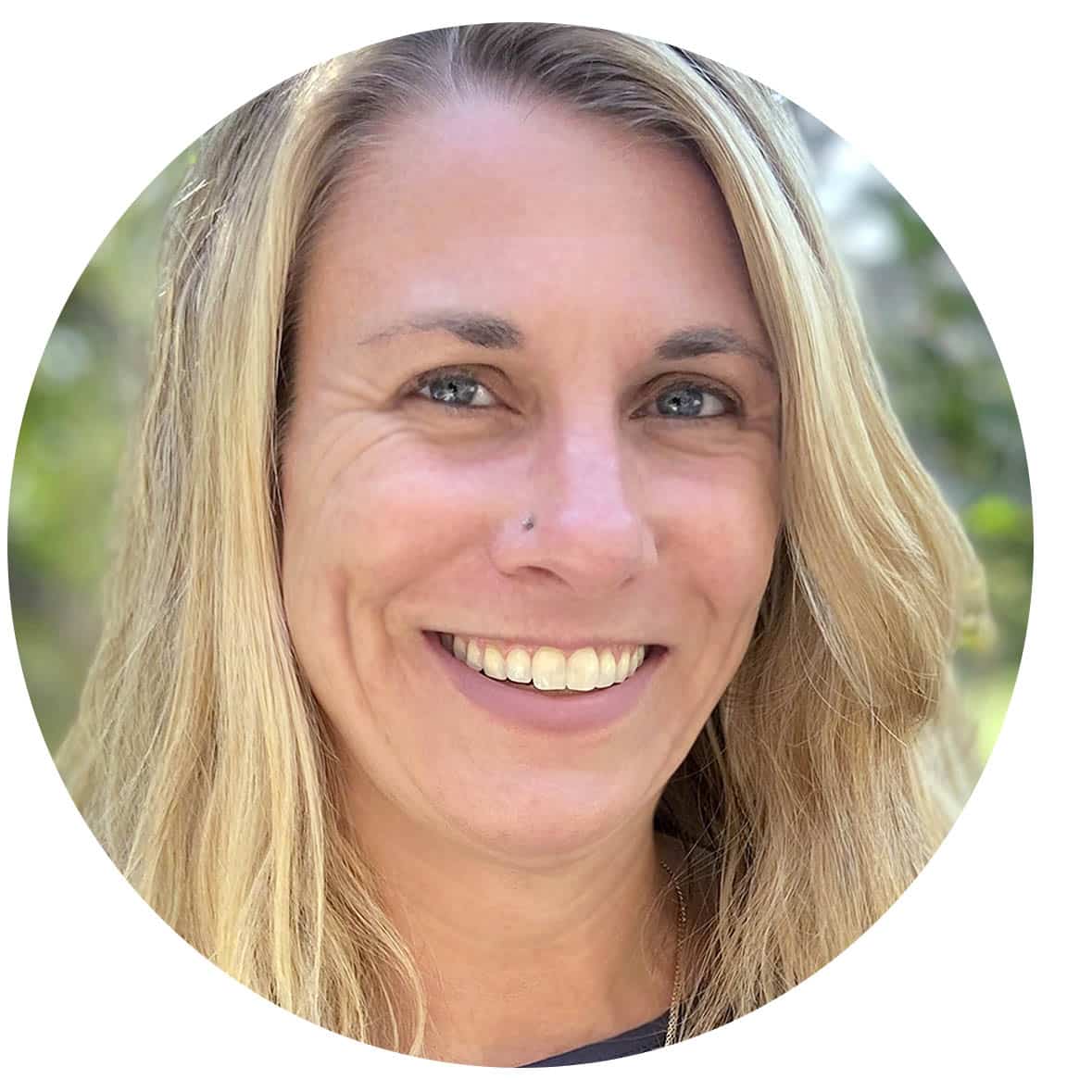
Jessica Klein is a speech-language pathologist. In addition to working at CID, she has worked in a public school setting, serving elementary-age students. Ms. Klein has co-authored several workshops, presented at a variety of professional conferences and written an online course about developing literacy skills in students who are deaf and hard of hearing. Most recently, she co-authored the SPICE for Life Second Edition auditory training curriculum.
Abby Zoia is the director of the Emerson Center for Professional Development at CID – Central Institute for the Deaf. Ms. Zoia holds professional certification from the national Council of Education of the Deaf, as well as Listening and Spoken Language Specialist certification (LSLS Cert AVEd) from the AG Bell Academy. In addition to presenting at numerous CID workshops and local and regional conferences, Ms. Zoia has presented at the international conventions of the Alexander Graham Bell Association for the Deaf and Hard of Hearing and the American Speech-Language-Hearing Association.
